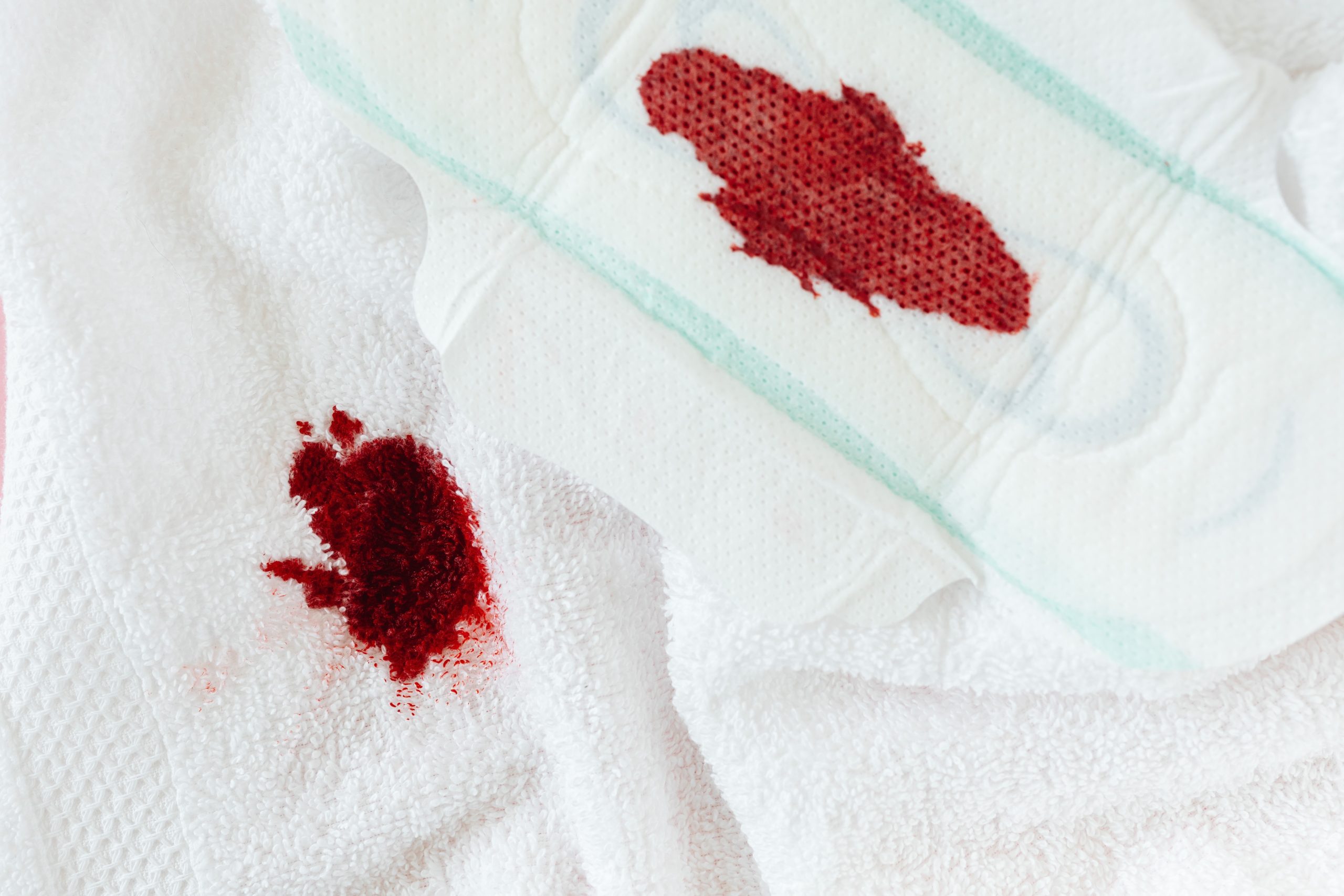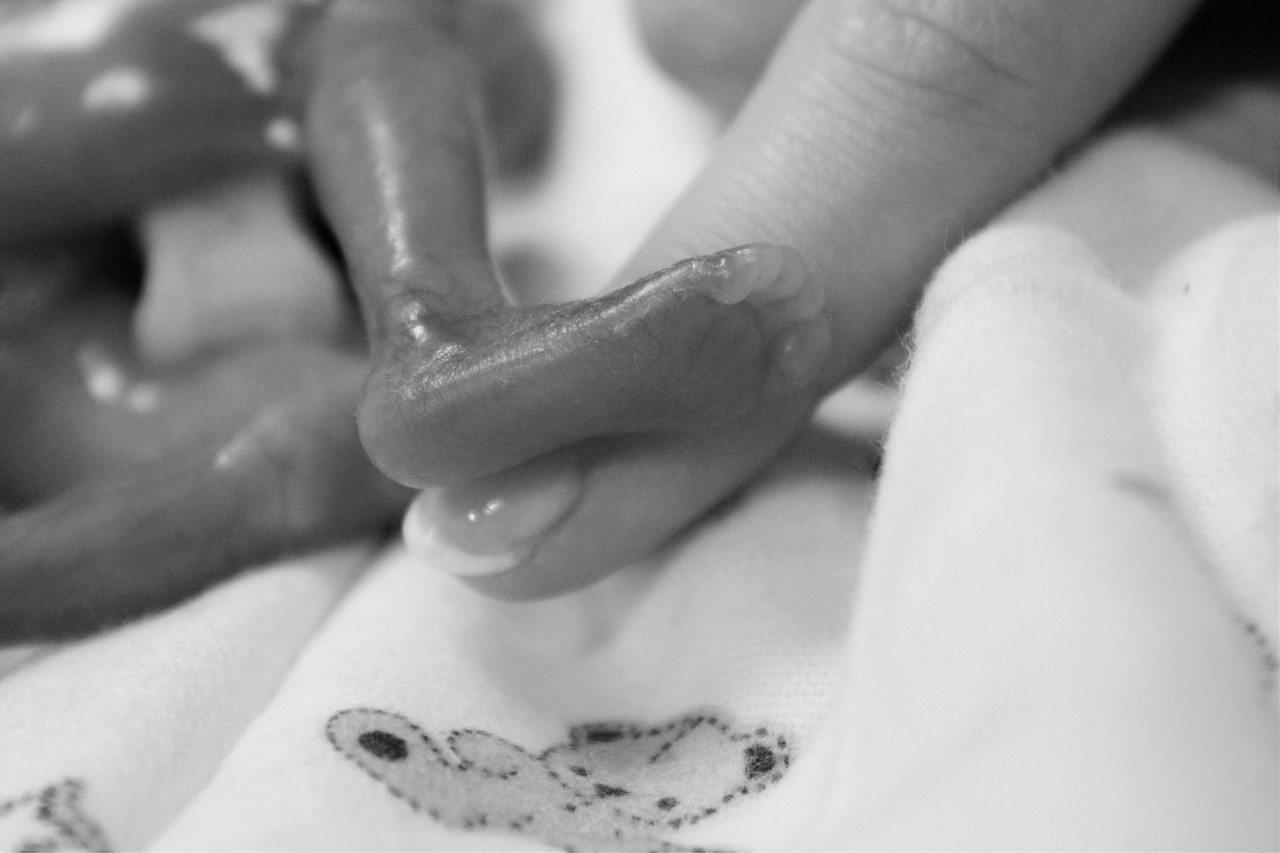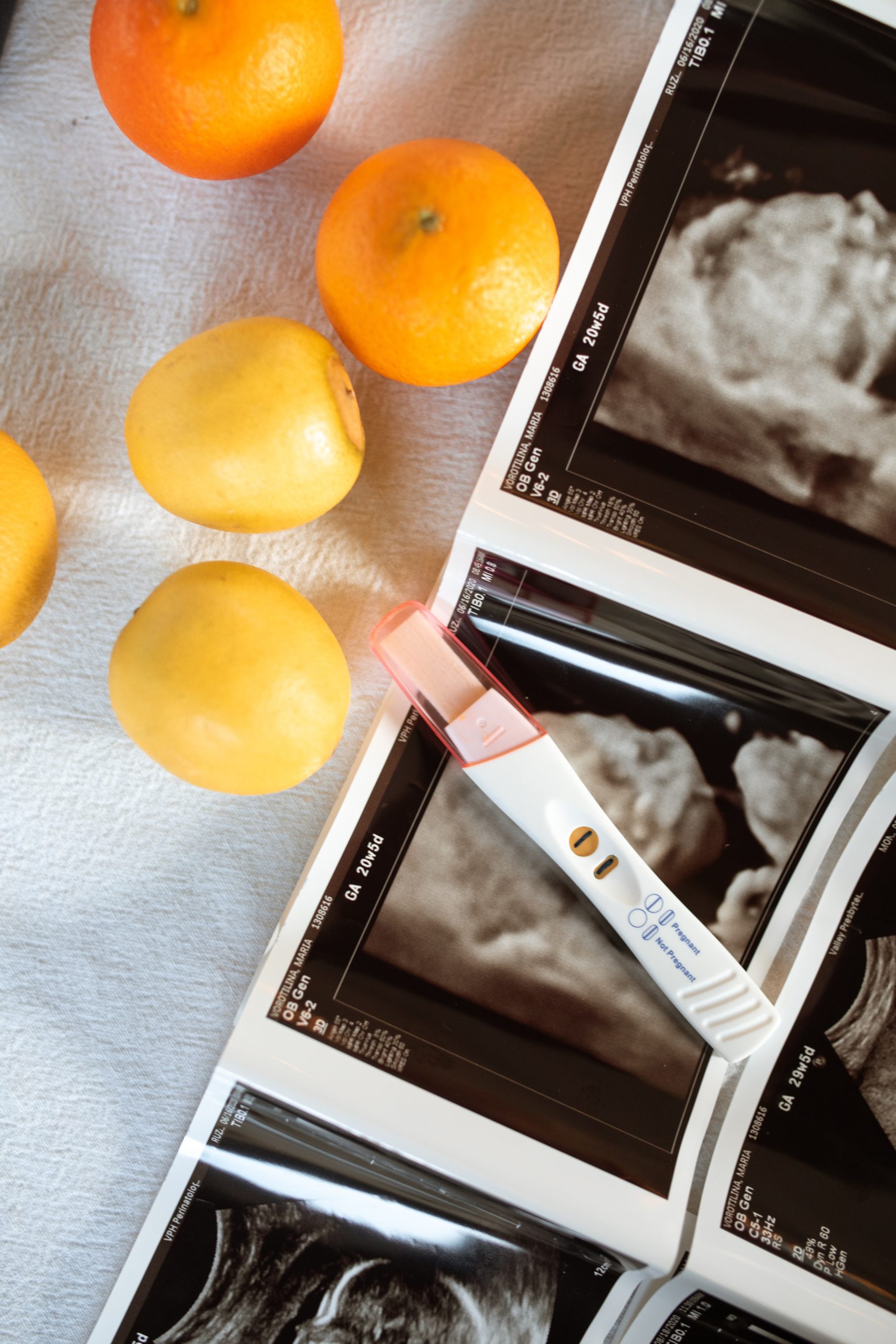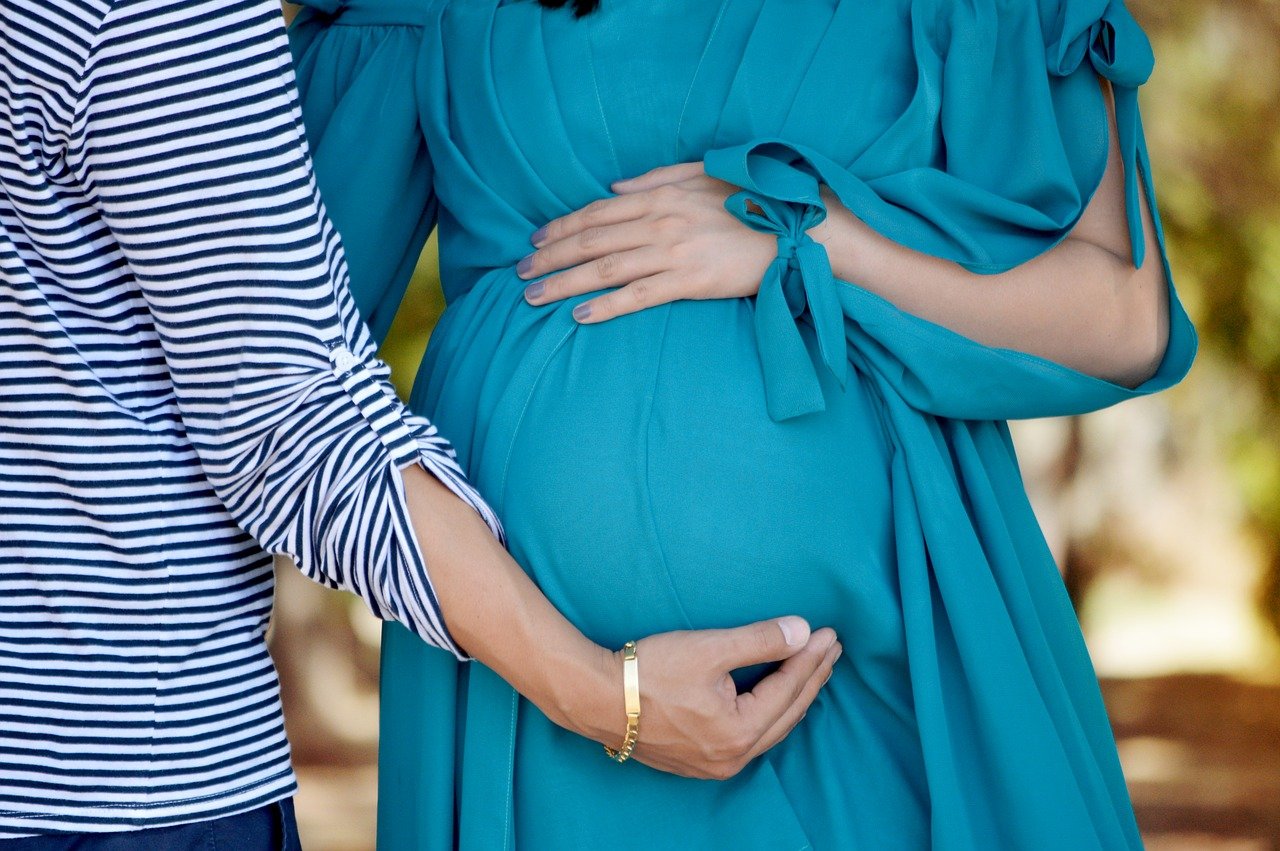Table of Contents
Overview
Miscarriage is defined as sudden loss of a pregnancy in the first 20 weeks. Miscarriage is one of the most common complications associated with early pregnancy. Most miscarriages happen in the first few weeks of pregnancy. An estimated report suggest that 85 percent of miscarriages happen before week 12. Woman may have some early miscarriage symptoms or may have a miscarriage before she knows she was pregnant.
According to the American College of Obstetricians and Gynecologists (ACOG), about 15 to 20 percent of pregnancies end in miscarriage. Although miscarriage is relatively common, it can be an extremely traumatic and devastating experience.
Causes of early miscarriage
Miscarriages can happen because of any medical reasons, many of which are not in your control. If a miscarriage happens during the first trimester of pregnancy, it’s usually caused by problems with the unborn baby (fetus). About 3 in every 4 miscarriages happen during this period.
If a miscarriage happens after the first trimester of pregnancy, it may be the result of things like an underlying health condition in the mother. These late miscarriages may also be caused by an infection around the baby, which leads to the bag of waters breaking before any pain or bleeding. Sometimes they can be caused by the neck of the womb opening too soon.
Some conditions that may increase the risk of early miscarriage are:
- Fibroids
- Thyroid problems
- Diabetes
- Due to the usage of drugs or other lifestyle factors
- Lupus
- Infection in the uterus
- High blood pressure
- Fetal abnormalities
- Early eclampsia
- Deficiency of progesterone
- PCOS
- Weakened cervix
- Placental problems
- Being underweight or overweight
If you’ve experienced a miscarriage, it doesn’t mean you’ll have another, and it doesn’t mean you can’t have children. Miscarriage shouldn’t affect your ability to get pregnant. You can ovulate and become pregnant within two weeks of an early miscarriage.
Symptoms of early miscarriage
Symptoms of early miscarriage can be similar to menstrual period. The symptoms of a miscarriage vary, depending on your stage of pregnancy. When a miscarriage occurs before a person knows that they are pregnant, it may be difficult to tell the difference between a normal menstrual period and miscarriage. Here are some of the symptoms of early pregnancy include:
1. Heavy spotting

Both a period and a miscarriage can cause spotting to heavy bleeding. Spotting during miscarriage can appear brown and resemble coffee grounds. Or it can be pink to bright red. It can be both light and heavy. The bleeding may come and go over several days. However, light vaginal bleeding is relatively common during the first trimester (first 3 months) of pregnancy and does not necessarily mean you’re having a miscarriage.
What should we not do in periods, do and don’ts in periods.
2. Vaginal bleeding
Bleeding during pregnancy is one of the most common miscarriage symptoms, and it should always be checked by the doctor if happens. It doesn’t mean that every time you bleed, you’re having a miscarriage. Generally, the heavier the bleeding, the more cause for concern.
3. Discharge of fluid or tissue from vagina
Passing fluids, larger-than-normal blood clots, or tissue from your vagina is another sign of early miscarriage.
4. Abdominal pain and cramping
Cramping with spotting is the number one sign of an early miscarriage, according to New York-based Zev Williams, M.D., Ph.D. Miscarriage cramps occur because uterine contractions expel the contents of the uterus.
5. Severe back pain
Back pain can be another sign of miscarriage in early pregnancy. This pain may be located in the abdomen, pelvic area, or lower back, and it can range from dull and aching to period-like cramping. It may be difficult to distinguish if the pain is normal, so it’s always best to consult with the doctor.
6. Feeling faint or light headed
If you are bleeding and start to feel faint or dizzy, it is best to consult with your health care provider to avoid any complications. However, dizziness is not a common symptom of early miscarriage so it’s not a reason to worry about.
Can sex cause miscarriage?
There are many myths regarding miscarriage. I have heard that many people says having sex and exercising can result in miscarriage, but there is no evidence to support this. Having sex during pregnancy won’t provoke a miscarriage.
Most miscarriages occur because the fetus isn’t developing normally. Your baby is protected by the amniotic fluid in the uterus, along with the the strong muscles of the uterus itself. Having sex will not affect your baby, as long as you don’t have complications such as preterm labor or placenta problems.
what are the symptoms of early pregnancy. click here to know 15 symptoms of early pregnancy.

Difference between a period and early miscarriage
Same with your menstrual period, some of the symptoms of a miscarriage also include bleeding and cramping. However there are several factors to consider when trying distinguishing between a period and miscarriage.
- The symptoms of a miscarriage typically get worse and last longer than a period.
- Severe back or abdominal pain along with passing fluids and large clots could indicate a miscarriage rather than a period.
- A miscarriage very early in pregnancy can be think of as a period. However, this is unlikely after eight weeks into a pregnancy.
How to prevent miscarriage
However there is no single cause of miscarriage so it’s hard to prevent. Sadly, there’s no way to stop a miscarriage from happening once it’s started. But a few simple lifestyle changes can reduce the risk of miscarriage:
- Avoid smoking, drinking alcohol, and during pregnancy.
- keep your diet healthy.
- Maintain good and healthy weight for a healthy pregnancy.
- Get regular prenatal care throughout your pregnancy.
- Avoid infections
- Take prenatal vitamins to get enough nutrients for you and your developing baby.
Treatment after early miscarriage
The treatment that you receive for a miscarriage is depend on the type of miscarriage that you’ve had. If there’s no pregnancy tissue left in your body (complete miscarriage), no treatment is required.
The aim of treatment after or during a miscarriage is to prevent bleeding and further infection. Normally, the body clean fetal tissue on its own, generally in the early pregnancy. If it does not, a doctor will perform a dilation and curettage. During this process, a doctor opens the cervix and inserts a thin instrument into the uterus to remove tissue. After that your doctor can prescribe some of the medicines to control the bleeding.
Physical recovery after early miscarriage
After a miscarriage, you might experience some symptoms such as spotting and abdominal cramps. Your body recovery will depend on how far along your pregnancy was before the miscarriage. Your doctor may ask you to repeat a pregnancy test after 3 weeks to check whether your hormones are normal or not.
You should start having your periods back in four to six weeks. Try to avoid having sex or using tampons for at least two weeks after having a miscarriage to avoid infections. After a miscarriage, you should wait until you’re both physically and emotionally ready before trying to get pregnant again.
A miscarriage is generally a one-time occurrence. However, if you’ve had two or more miscarriages in a row, your doctor will recommend further testing to detect the cause of your previous miscarriages.





